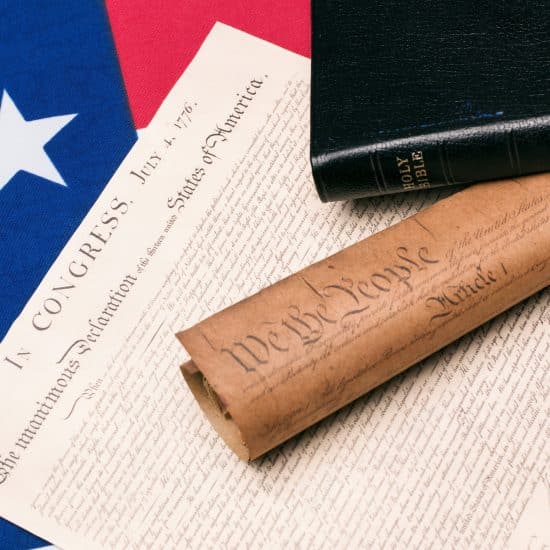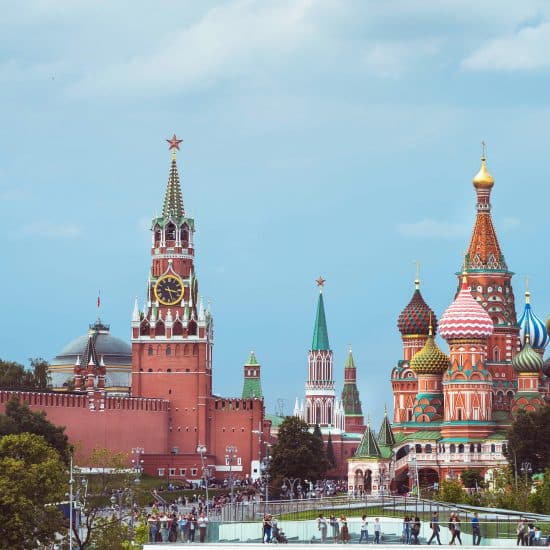By Bill Webb
Word&Way Editor
“We reserve the right to accept everybody!” So read the church sign on the front lawn of a classic New England Baptist church.
 The church was established in Rhode Island 370 years ago, and this is how the congregation describes itself on its Web site today:
The church was established in Rhode Island 370 years ago, and this is how the congregation describes itself on its Web site today:
“The First Baptist Church in America has been on College Hill in downtown Providence since 1638, sharing the good news, with Christ-centered enthusiasm, biblical preaching, dynamic caring ministries, advocating the proper relationship between church and state, and the vitality of traditional worship. What Roger Williams established is still worth standing for.”
Any Baptist who has studied an inkling of early Baptist history recognizes the name Roger Williams. Williams was the Quaker-turned-Baptist-turned-Seeker who chafed under the influence of the Anglican Church in England and set sail for New England in the early 1600s.
His Separatist views got him run out of Massachusetts, and he made his way to tiny Rhode Island and helped turn the colony into a bastion of religious liberty. He purchased property from the Indians and established a town he called Providence, because Williams was confident God had sustained him and his followers and brought them to this place. He acquired the other islands in the Narragansett Bay and also named them after Christian virtues: Patience Island, Prudence Island and Hope Island.
These early Baptists promised obedience to the government, but “only in civil things.” In 1640 an agreement was signed by 39 freemen expressing their determination to “hold forth liberty of conscience.”
History books acknowledge a government unique in the early history of America, a government that provided for religious liberty and a separation between civil and ecclesiastical authority.
Rhode Island became a haven for persecuted religious groups like Baptists, Quakers, Jews and others who came to follow their consciences in peace and safety. On May 18, 1652, Rhode Island passed the first law in North America making slavery illegal.
The commitment on the church sign is no small statement: “We reserve the right to accept everybody!” It was Baptists in Providence, after all, who insisted not only upon religious freedom for themselves but for all others as well.
The congregation today — like the colony 350 years ago — remains welcoming and committed to the principle of soul liberty.
Standing on the sidewalk in front of the church building, one can see the world pass by. The church building butts up against the sprawling Rhode Island School of Design and lies only blocks away from the Ivy League’s Brown University.
Williams — were he and other early Baptist champions of religious liberty to watch 21st century passersby — would likely be pleased that the stately white church with the tall, gleaming steeple hasn’t lost its way.
Like the settlement of Providence and the colony of Rhode Island, the congregation keeps alive the principles some Baptists have been too quick to discard. For nearly four centuries, one of the very first First Baptist churches has maintained its Baptist bearings.
Perhaps the First Baptist Church in America still has something to teach other churches of the Baptist persuasion.






